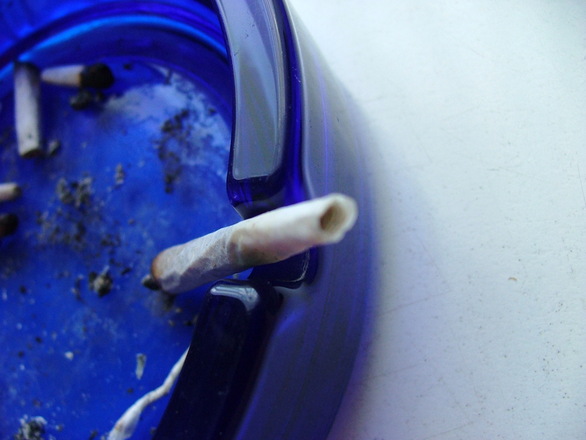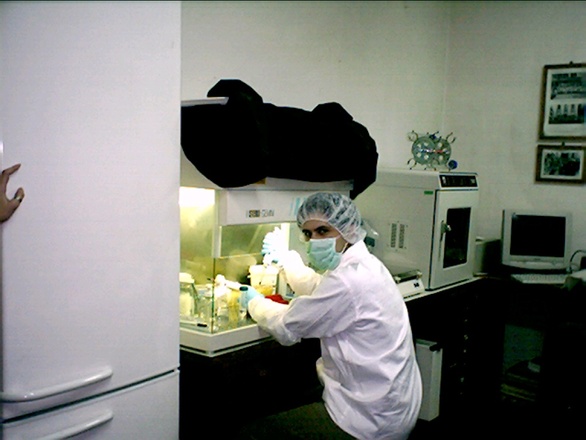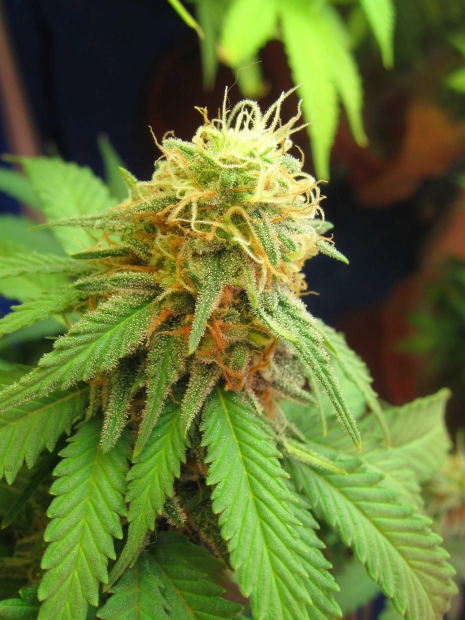Fact-Checking the Acting DEA Head on Medical Marijuana
When the Drug Enforcement Agency released its 2015 National Drug Threat Assessment, the acting head of the DEA made a controversial comment. While the DEA official said that marijuana extracts showed promise, he went on to indicate that smoking marijuana had never been shown either safe or effective as a medication. Fortunately, Fact Check.org looked at the truth of his statement and determined it was false. 
While the research is still being done on medical marijuana, the information that is available indicates that side effects are generally mild and that substantial medical benefits are apparent. It is important to have accurate information about both risks and benefits of medical marijuana, just like with other medications, in order to make actual, informed choices. Those in positions of authority should not contribute to spreading false information that could impact the ability of people with serious medical conditions to get access to medication they need.
Continue reading
 Cannabis Law Group's Medical Marijuana Legal Blog
Cannabis Law Group's Medical Marijuana Legal Blog












 According to a recent news article from the
According to a recent news article from the  Her parents say their daughter, who has been diagnosed with epilepsy and autism, gets to school in the morning acting docile, paying attention to her teachers, and acting pleasant with those around her. By the time she gets off the bus after school, she is typically acting aggressively and highly irritable. The reason for her drastic change in mood and behavior is because the cannabis oil medication she uses before school typically wears off throughout the day. A school ban on the use of medical marijuana prevents her from taking her next needed dose, and she suffers as a result of lack of treatment for her serious health conditions.
Her parents say their daughter, who has been diagnosed with epilepsy and autism, gets to school in the morning acting docile, paying attention to her teachers, and acting pleasant with those around her. By the time she gets off the bus after school, she is typically acting aggressively and highly irritable. The reason for her drastic change in mood and behavior is because the cannabis oil medication she uses before school typically wears off throughout the day. A school ban on the use of medical marijuana prevents her from taking her next needed dose, and she suffers as a result of lack of treatment for her serious health conditions.